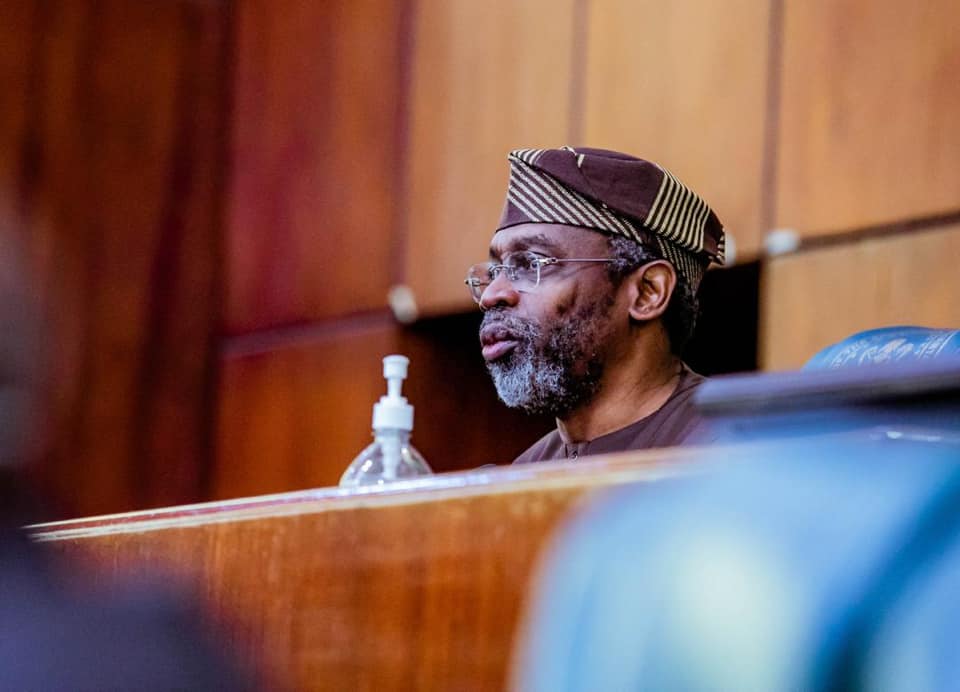House of Representatives on Wednesday, November 25, 2020, passed the N189.512 billion revised 2020 statutory budget of the Federal Capital Territory, FCT, through second reading.
The revised budget is N88.843 billion lower than the initial N278.35 billion passed in 2019 for the 2020 financial year.
Titled: “A Bill for an Act to Authorise issue from the Federal Capital Territory Administration Statutory Revenue Fund of the Federal Capital Territory Administration Account, the total sum of N189,512,094,100.00 only of which the sum of N71,898,469,314.00 only, is for Personnel Costs; and the sum of N55,691,319,788.00 only, is for Overhead Cost; while the balance of N61,922,304,998. 00 only is for Capital Projects; for the service of the Federal Capital Territory, the budget was referred to the House Committee on FCT.
Alhassan Ado-Doguwa, the majority leader of the House, moved for the second reading of the Bill, and the minority leader, Ndudi Elumelu, seconded it.
In his debate, Ado-Doguwa said the Appropriation Bill seeks to redress such challenges that were not envisaged in the initial appropriation Act, such as the real and present socio-economic challenges brought about by the COVID-19 pandemic.
According to him, the Bill will enable the Federal Capital Territory to discharge its due responsibility fully and effectively.
Similarly, the Green Chamber approved the report of its Committee on Aids, Loans and Debt Management on promissory notes programme and bond issuance to settle outstanding claims and liabilities of five state governments in the sum of N148.141 billion.
This followed the consideration of the report by the Committee on Supply chaired by the Speaker, Femi Gbajabiamila. The states are Bayelsa to be given N38. 404 billion, Cross River, N18.394 billion; Ondo, N7.822 billion; Osun, N4.567 billion; and Rivers, N78.953 billion.
Ahmed Safana-Dayyabu, Chairman of the Committee on Aids, Loans and Debt Management, said there is need for the reimbursement of funds expended by the states for projects executed on behalf of the Federal Government. The report, he said, captures the commitment of the Federal Government through the issuance of promissory notes and bonds to the above-listed state governments.







